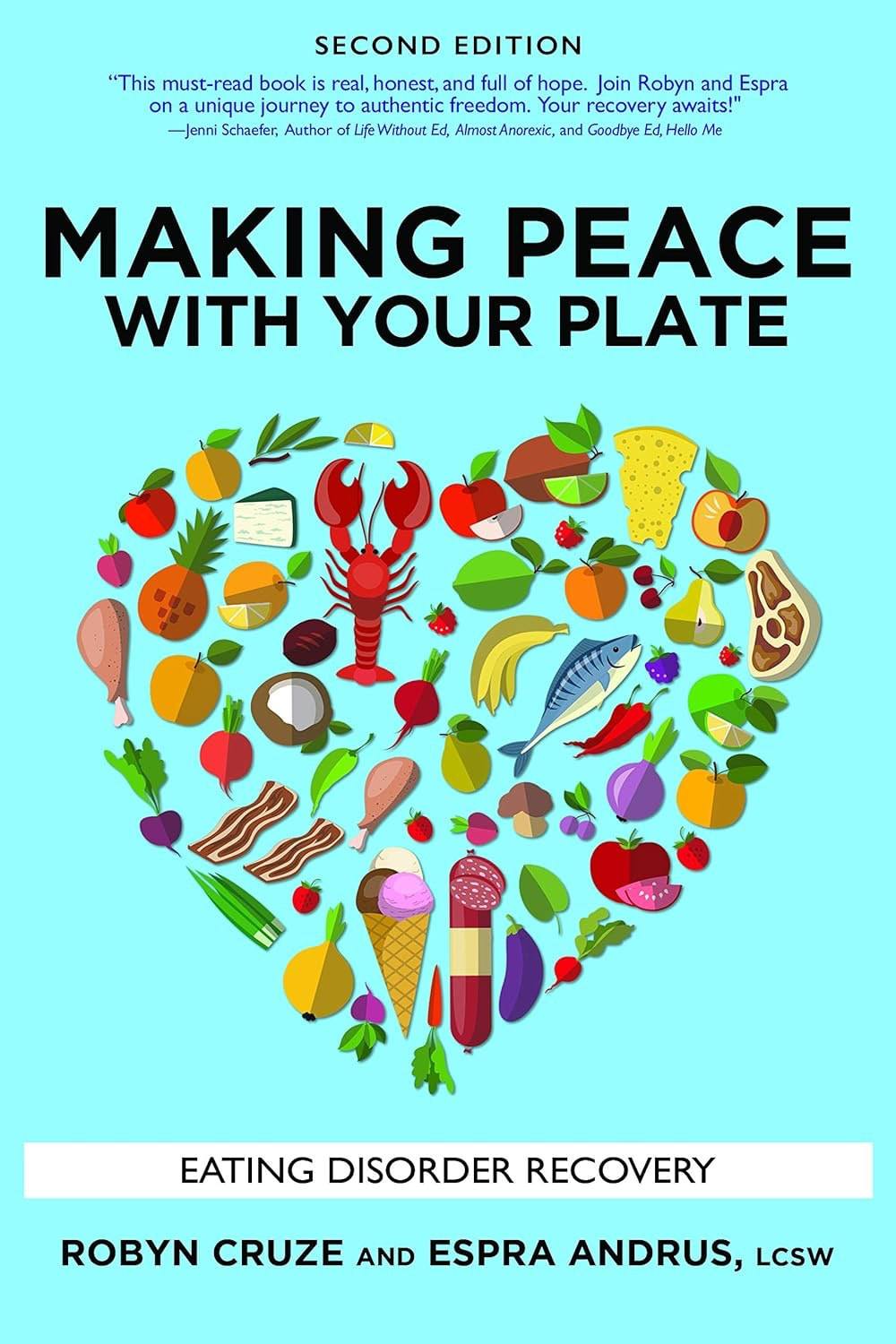Coaching vs Therapy
The Differences Between Coaching, Therapy, Counseling or Sponsorship
|
"Families may not have it all together, but together they can have it all"
- Timothy Harrington, Founder, Family Coaching Services
- Timothy Harrington, Founder, Family Coaching Services
How Is a Recovery Coach Different From a Sponsor?
- Sponsors come from 12-step programs such as Al-anon and Families Anonymous.
- Sponsors are not paid professionals; they benefit personally from the service they give you.
- A sponsor’s job is to help their sponsee work through the 12 steps and using the program and fellowship effectively to stop the negative behavior. Sponsors have a singleness of purpose—they stick with the steps and traditions. Often the focus is on cleaning up the past.
- A coach isn’t limited to using the steps and traditions and coaches don’t focus on the past.
- Recovery Coaching is not affiliated with any 12-step program and does not promote a particular path or way to recover. However, many recovery coaches are members of 12-step programs and have both a sponsor and a coach!
- A coach’s job is to challenge, provide accountability and support their client as they make changes and begin to have a better quality of life.
Coaching and Family Recovery
- Coaching, in the context of family recovery, serves as a beacon of direction and empowerment.
- Unlike traditional therapy, which often delves into past traumas and emotional wounds, life coaching focuses on the present and future, helping individuals and families set clear goals, develop actionable plans, and navigate challenges.
- For families affected by Substance Use Disorder, a family coach offers guidance in rebuilding trust, fostering effective communication, and creating a vision for a healthier future.
- The coach's objective perspective and solution-oriented approach equip families with the tools and strategies they need to move forward.
- In essence, life coaching provides a roadmap for families, guiding them towards a future of healing, growth, and renewed purpose.


